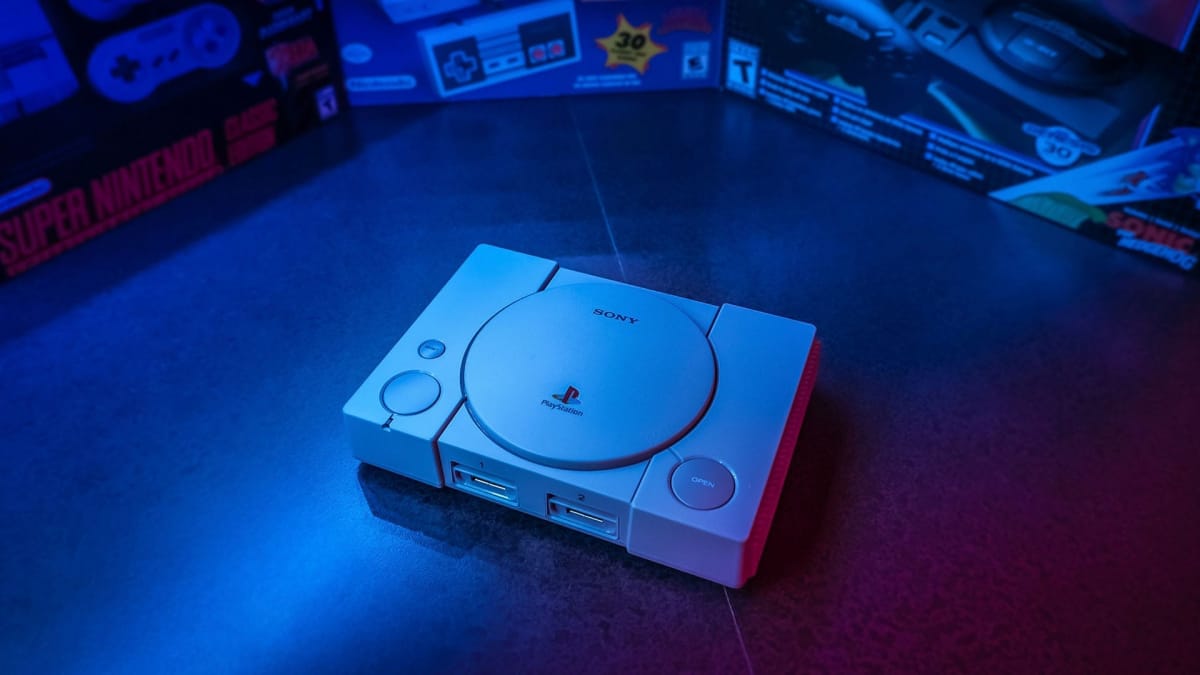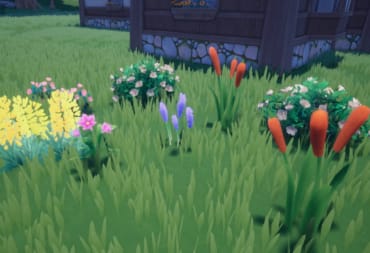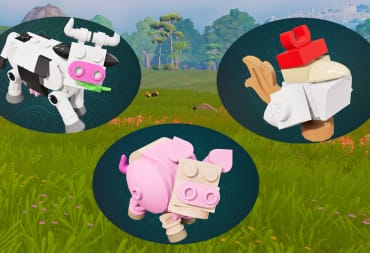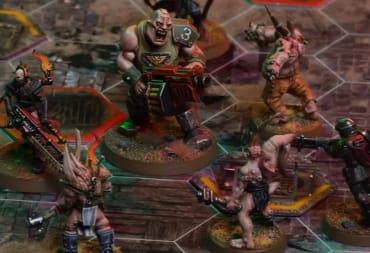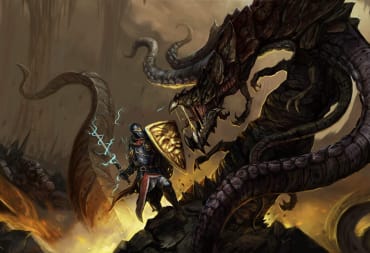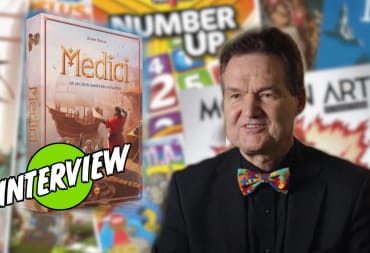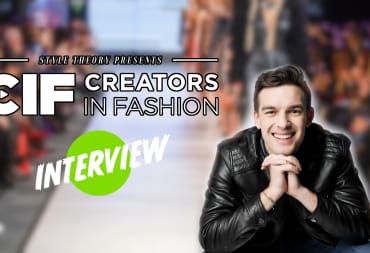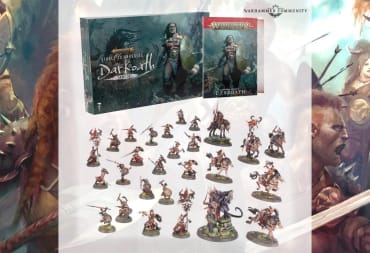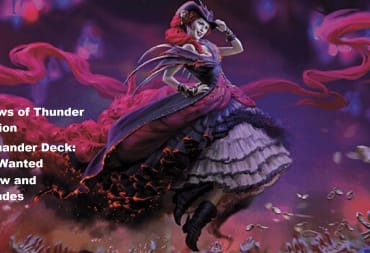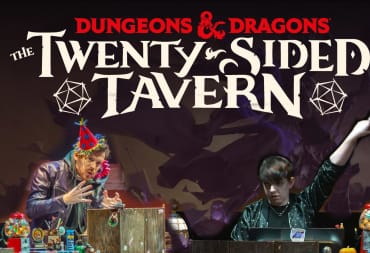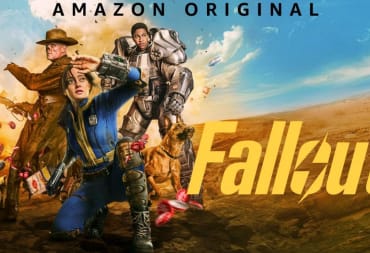Nostalgia is a powerful drug, and when games like Final Fantasy 7 Remake, Warcraft 3 Reforged, and classic consoles such as the SEGA Genesis Mini can get more attention and hype than the newest upcoming titles, there’s definitely something more to it than just “hype." So why do we find remakes and re-releases of old things so enticing? And more importantly, why does it make us feel so good?
Nostalgia - A Good Hurt
Believe it or not, nostalgia is a lot like a cigarette. You have a hit of it and whatever you were concerned about goes away for a brief moment. While it's not as quickly addictive as a camel crush, there are definitely some similarities to how good they both can make you feel and their effects as a coping mechanism of sorts.
When we partake in something we find nostalgic or related to a happy memory, we experience a chemical reaction in our brains, specifically in the hippocampus and amygdala areas—sometimes referred to as the "reward center." In short, we see something we remember fondly, be it an old neighborhood, Mario, or even the first few notes of a title screen. As a result, we experience a similar dopamine rush one would get from nicotine from something as simple as seeing a print ad in a magazine. Your reward center is triggered, and you now fondly look back on a moment in time, real or fabricated.
The term “rose-tinted glasses” isn’t without merit. When we fondly look back on an experience, piece of media, or event, we tend to over-romanticize it and create false positives. While this isn’t a bad thing (who wants bad memories?), it can make revisiting something a tad disappointing when looked at with a more critical approach. Specifically, in video games, it's not uncommon to hear that a game hasn’t aged well, but the remaster or remake will be “exactly as I remembered it." By remaking or remastering a game visually or by adding quality-of-life improvements, developers and publishers have figured out how to trigger that reward center in your prefrontal cortex and get gamers hyped to buy the next thing.
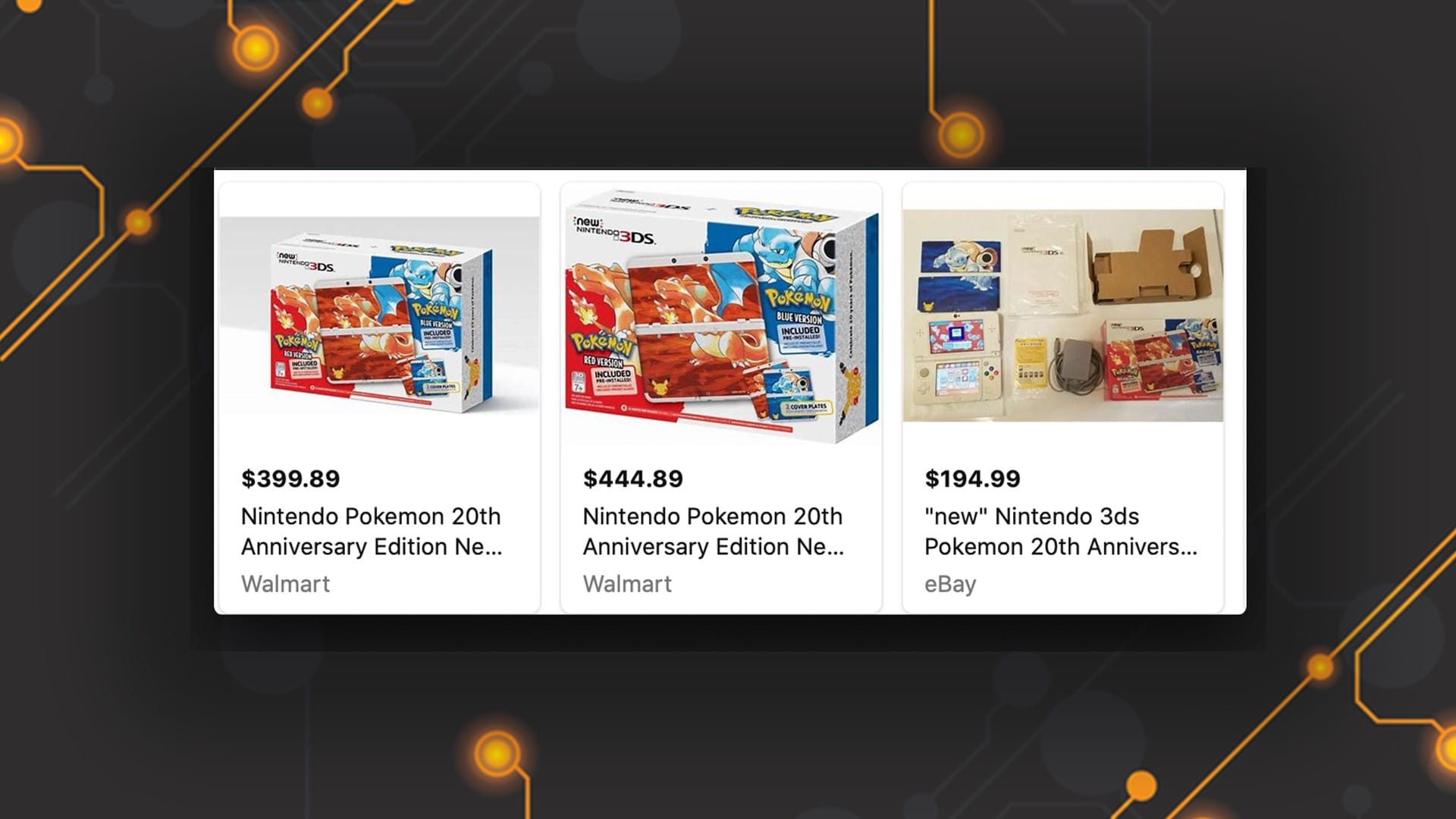
Enchantment Marketing and Your Awkward Years
Have you ever noticed that people are a bit more nostalgic for something that was around when they were in their awkward phase? According to a 2008 university of Leeds study, our childhoods and formative teen years are crucial for what we eventually grow to be nostalgic for.
When our brains are forming in adolescence we tend to attach ourselves to the things we like and create our own sense of identity and individuality. This happens throughout our lives, but the most impactful period is between 12-22 years old. This can explain why so many young adults and teens associate themselves so heavily to whatever “scene” they're involved in, be it gaming, hardcore music, or anime. There's a high chance that we all have associated ourselves heavily to a subculture or brand.
Art is an important factor in helping us develop our identities and how we shape our personalities. When we re-experience an event, we get a hit of dopamine to our brains and experience an overwhelming emotion and feeling of reward and happiness. Basically, this is why so many millennials have such a fondness for some Nintendo 64 games that have aged like old milk, why people pay a premium for retro games, or why this writer has multiple Final Fantasy 7 tattoos.
No matter how bad something is in retrospect, if we used it to build our identity, no matter how critical it was, we’ll romanticize it and even develop false memories. Jumping Flash isn’t as good as I thought it was back in 1997, but I'll still look back at the game fondly even if it's unplayable. This is simply because the things I loved as a kid make me feel really good as an adult. We all have something like this, and it's used to sell us new experiences and products every day.
Enchantment marketing is a very powerful way to sell something to us. When a brand or ad agency uses something retro or classic to sell us something, they're hoping to trigger that reward center in our brains to make us establish a deeper emotional connection with a new product. If you look back at the ads and hype around the PlayStation Classic, there's some really powerful imagery there.
This is an excellent example of enchantment marketing due to the trailer's juxtaposition of “classic” 3D models, mixed in with modern music and a fast-paced, fun presentation that subconsciously tells you, the viewer, to remember all the fun you had back when you were a kid playing PS1 games. While we all know the end product was less than stellar, I still remember waiting in line to buy one release day because the marketing made me fond of the days when I would play Resident Evil with my friends after school, and every time I saw an ad or looked at the box, all those feelings of summer break in the late '90s came flooding back. Enchantment marketing is used in many ways to make us want to re-experience that old feeling with something new.
While all industries have some sort of nostalgia attached to them, gaming uses this feeling heavily. Outside of the basic throwback DLC skins such as the ones found in Resident Evil 2: Remake and the occasional limited-edition pixel Amiibo, there’s examples of more egregious nostalgia used in gaming when it comes to the frequent releases of remasters, remakes, and classic collections/consoles. All three of those types of releases are essentially made to sell you the thing you loved as a kid again on a new platform. While this isn’t a bad thing at all (NES Remix is pretty great), it's mostly successful because a majority of gamers are trying to recapture those feelings they had when they were younger.
It’s OK To Remember
Ultimately, nostalgia isn’t all that bad. Getting the chance to re-experience fond memories, even if they're false positives, is still something that’s positive and, for many, a way to cope with a less-than-ideal current situation. While I may have come off a bit critical of how nostalgia is used to market and sell games to us, I've personally had some great experiences with my SEGA Genesis Mini, and I cant wait to get those feelings all over again later this year where Final Fantasy 7 Remake releases. Regardless, it's always good to be aware of what nostalgia really is and, in regards to gaming, if it's being used to sell you something. Now go play some Pokémon Red. Snorlax misses you.
Have a tip, or want to point out something we missed? Leave a Comment or e-mail us at tips@techraptor.net
